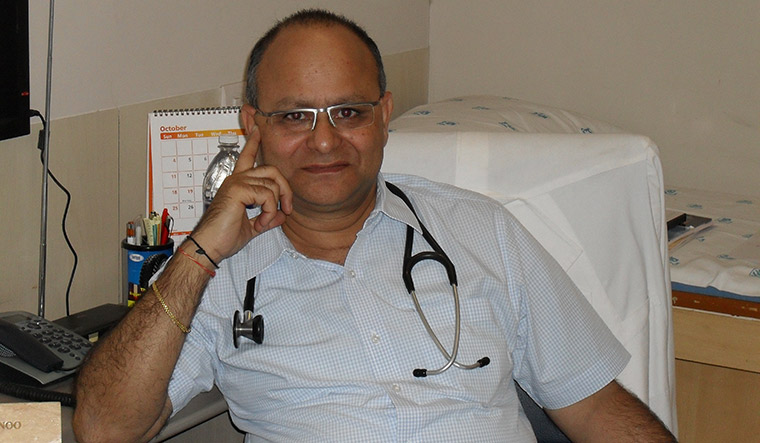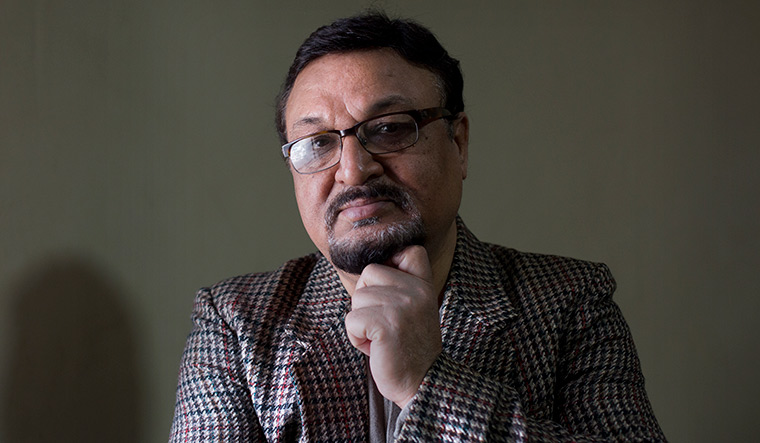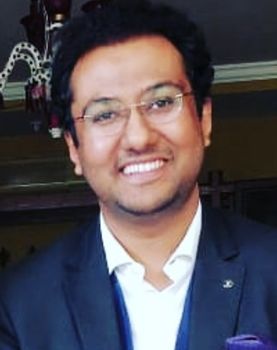This election, doctors are ready with a prescription to treat the ailing health sector. From increasing the expenditure on public health care to equipping primary health care centres with necessary infrastructure, doctors have a lot of expectations from politicians and want them to include issues related to health care in election manifestos. “Health is wealth,” says Dr Yash Gulati, orthopaedic surgeon at Indraprastha Apollo Hospitals, Delhi. “A nation that cannot provide good medical care to its citizens cannot prosper. Health care reforms must most definitely be an election issue.”
While extolling the BJP-led government's move to consider the creation of an All India Medical Service on the lines of the Indian Administrative Service, thereby setting up a body of professional doctors across the country, the Alliance of Doctors for Ethical Healthcare (ADEH)—a national network of doctors—released an eight-point document about two months ago. It urged political parties to focus on “ethical health care”, and cap the trade margin up to 30 per cent for all medical devices, ban the production of irrational medicines and regulate drug prices.
Gulati says essential drugs and diagnostics should be made free. “I demand that access to emergency health care, which is at par with international standards, be made a fundamental right of all citizens, irrespective of their economic background,” he says. “Also, I strongly urge people to support only those leaders who commit to an increase in the national health expenditure from a dismal 1 to 2 per cent at present to at least 3.5 per cent of the GDP. In comparison to other countries, we spend very less on health care.”
Dr Somesh Chandra, director of surgical oncology, Sterling Cancer Hospital, Ahmedabad, could not agree more. “The final delivery of health care is the most critical aspect and that is where I want the government to step in,” he says. According to him, we desperately need to address the falling standards of paramedical education. He would like to see a policy statement that promises to regulate “tuition fees of at least 80 per cent seats in private medical colleges”.
Prevention is better than cure is a maxim doctors swear by, and so they want a government that would focus more on preventive health care as against curative. For instance, the government should educate people about prevention of diseases such as Type 2 diabetes and blood pressure through lifestyle changes. Also, there has to be a synergy between public and private health care.
Aggressive investment in research and development is another aspect which shows up on the wish list of most doctors. For instance, the government is spending huge amount of money on medical devices made by foreign companies. Instead, they can be made here at a fraction of the cost.
For Gulati, road accident is an area where he would like to see policy intervention by the government. “Death by a road accident is totally avoidable,” he says. “And it is only because of poor road discipline, infrastructure and licensing policies that thousands get maimed in road accidents on a daily basis. I seriously hope that someone in our new Lok Sabha takes this issue seriously so that I can take him or her seriously.”
For both Dr Subhash Wangnoo, senior consultant endocrinologist from New Delhi, and Dr Sudheer Ambekar, a neurosurgeon at Jaslok hospital in Mumbai, pre-hospital care must be included as a major health reform in the 2019 election manifesto. “The 108 emergency services helpline is pathetic,” says Ambekar. “Patients are taken by the ambulance to the nearest hospital without any knowledge of the hospital's specialty.” He also feels strongly about the government's handling of non-communicable diseases (NCDs) such as diabetes, hypertension, thyroid disorders and obesity. “NCDs haven't received the kind of attention and quick response as communicable diseases such as tuberculosis, malaria and HIV have,” explains Wangnoo. “Increasingly, we are becoming a country with high prevalence and high incidence rates of NCDs, and it is with the same zeal that we must tackle this growing pandemic. We need strong policies from the new government, which include banning junk food in schools and colleges.”
Mental health is another area where psychiatrist Dr Sagar Mundada of HealthSpring, a wellness chain in Mumbai, hopes to see considerable change. “I feel that the field of mental health is the most neglected area,” he says. “My loyalties will follow the government that promises to allocate a decent budget to mental health.” And, it has to begin at primary health care centres (PHCs) in rural areas, he says, where mental health specialists and better care should be made available. “All this can happen in five years if the authorities put their mind to it,” he says.
Doctors also talk about how a number of de-addiction centres in metros, too, lack proper knowledge and correct treatment methods. “The present government has not paid any attention to these centres,” says Mundada. “As per a recent study published by the World Health Organization, 7-8 per cent of Indians are alcoholics and yet there is no proper public health facility they can access to treat their addiction. Most are run by converts who started out as addicts themselves. It is a total racket going on.” He says there should be “regional de-addiction centres, one for every three districts, ideally one in every district”.
PHCs need to be developed on par with the tertiary care centres, says Dr Arun Kumar Dalmia, a general physician from Sambalpur, Odisha. “It is still a distant dream. But if a party can really promise to look into this, I think it would change Indian health and medical care forever,” he says. The patient-doctor ratio in PHCs is highly skewed. “It is close to 200:1,” says Dalmia. “So, what does a patient from a rural area do in this case? She has nowhere to go and not enough resources to access tertiary health care centres. So, my expectation from this election would be to fill the vacant posts in PHCs as soon as possible by luring doctors monetarily into taking up the assignments.”
Agrees Dr Bipin Sethi, endocrinologist at Care Hospital, Hyderabad, “I want the government to pump money into the public health care system, improve it and then make it mandatory for public servants to use only those facilities in their states."
Doctors in rural government setups are also overworked and that is one reason for the high attrition rate in a number of PHCs, says Dr Ravi Ahuja, professor and head of department of pediatrics at Hind Institute of Medical Sciences, Lucknow. “This is because they aren't getting encouraging facilities and support system from the government,” he says. “Right from providing security to education options for his children and a vehicle for his transport, different forms of reimbursements must be made available for ensuring the permanency of doctors in such areas because they are highly volatile places. A doctor's safety and security must be any government's priority.”
Also, doctors say that the government should remedy the “huge shortfall in the number of well-educated and responsible doctors” in the country, and should keep a check on the malpractices and other systemic issues that afflict the medical sector. Like Dr Arun Mitra, an ENT surgeon from Ludhiana, Punjab, says, it is high time we get a humane health care system in the country.





